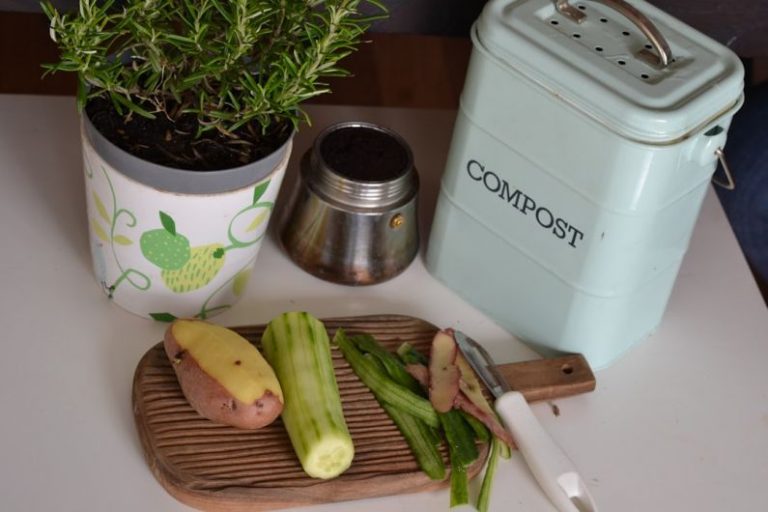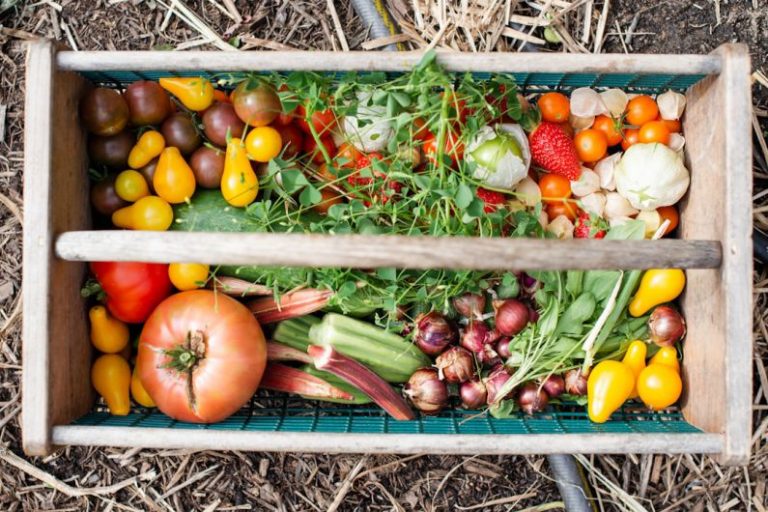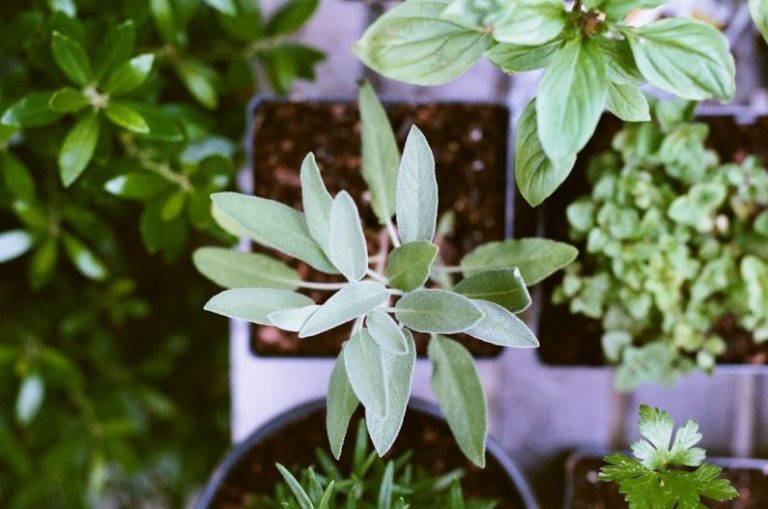Organic Gardening: Tips and Tricks
Growing your own organic garden can be a rewarding experience that not only provides you with fresh, healthy produce but also helps you connect with nature and reduce your carbon footprint. Whether you are a beginner or a seasoned gardener, there are always tips and tricks to improve your organic gardening skills. From soil preparation to pest control, here are some valuable insights to help you cultivate a thriving organic garden.
Choosing the Right Location
Selecting the right location for your organic garden is crucial for its success. Choose a spot that receives at least 6-8 hours of sunlight per day, as most vegetables and fruits require ample sunlight to grow. Additionally, ensure that the area has good drainage to prevent waterlogging, which can lead to root rot and other issues. Avoid areas near trees or large shrubs that may compete with your plants for nutrients and water.
Preparing the Soil
Healthy soil is the foundation of a successful organic garden. Before planting, enrich your soil with compost or well-rotted manure to improve its fertility and structure. Organic matter helps retain moisture, encourages beneficial soil organisms, and provides essential nutrients for your plants. Perform a soil test to determine its pH level and nutrient content, and make any necessary amendments to create an optimal growing environment for your crops.
Choosing the Right Plants
When selecting plants for your organic garden, opt for varieties that are well-suited to your climate and growing conditions. Native plants and heirloom varieties are often more resilient and require less maintenance than hybrid cultivars. Consider planting a mix of vegetables, herbs, and flowers to attract pollinators and beneficial insects to your garden. Companion planting is a useful technique to maximize space and deter pests naturally by interplanting compatible species.
Watering Wisely
Proper watering is essential for the health and productivity of your organic garden. Water your plants deeply and infrequently to encourage deep root growth and drought resistance. Early morning is the best time to water your garden, as it allows the foliage to dry before evening, reducing the risk of fungal diseases. Use a soaker hose or drip irrigation system to deliver water directly to the root zone and conserve moisture. Mulching around your plants helps retain soil moisture, suppress weeds, and regulate soil temperature.
Organic Pest Control
Preventing and managing pests organically is a key aspect of maintaining a healthy garden ecosystem. Encourage natural predators like ladybugs, lacewings, and birds by providing habitat and avoiding chemical pesticides that harm beneficial insects. Handpick pests like caterpillars and beetles, and use physical barriers such as row covers to protect your plants. Homemade remedies like neem oil, garlic spray, and diatomaceous earth can help control common garden pests without resorting to harmful chemicals.
Harvesting and Preserving
Knowing when and how to harvest your crops ensures peak flavor and nutritional value. Harvest leafy greens and herbs in the morning when their moisture content is highest for the best flavor. Vegetables like tomatoes and cucumbers should be picked when ripe but still firm to prevent overripening. Preserve excess produce by canning, freezing, or drying to enjoy your harvest year-round. Share your bounty with friends and neighbors, or donate to local food banks to spread the joy of fresh, organic produce.
Creating a Sustainable Garden
To create a truly sustainable organic garden, practice crop rotation, cover cropping, and composting to improve soil health and fertility over time. Rotate your crops each season to prevent nutrient depletion and reduce pest and disease buildup. Plant cover crops like clover or vetch in unused beds to protect soil from erosion and fix nitrogen naturally. Compost kitchen scraps, garden waste, and other organic materials to create nutrient-rich soil amendment for your garden. Embrace permaculture principles and strive for a harmonious balance between your garden and the surrounding ecosystem.
By following these tips and tricks for organic gardening, you can cultivate a thriving garden that nurtures both your body and the environment. Enjoy the process of growing your own food and connecting with nature, and share your knowledge and passion with others to inspire a more sustainable way of living. Start small, observe, experiment, and learn from your garden to become a successful organic gardener. Happy gardening!






